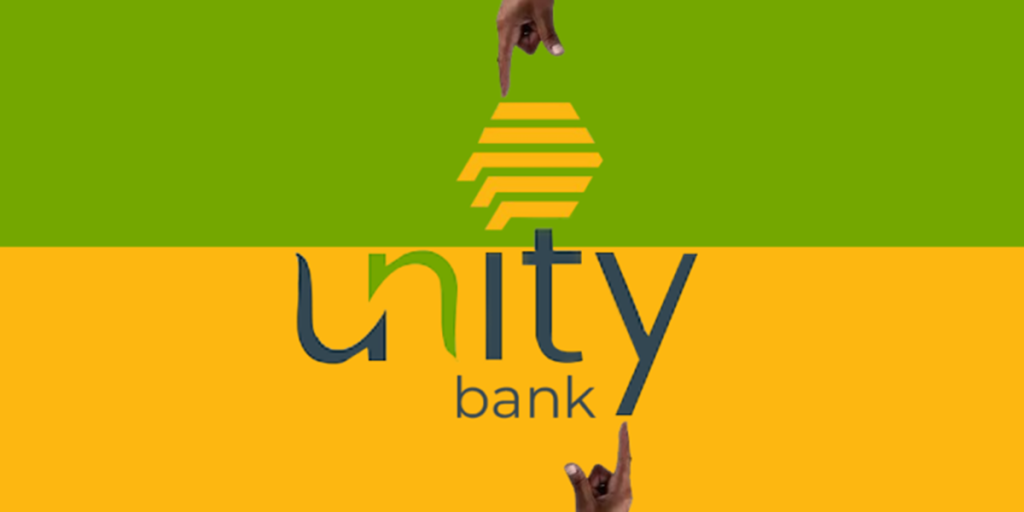The Central Bank of Nigeria authorised the Providus-Unity Bank of Nigeria on August 6, 2024. The day after, the apex bank approved a bailout loan of N700 billion to aid in the recapitalisation of the newly formed banking entity.
According to the CBN circular, the financial support would be necessary to “strengthen the stability of Nigeria’s financial system and avoid potential systemic risks.”
The decision signifies the initial step in a sequence of banking mergers that will shape the Nigerian banking sector in the next couple of years as banks compete to satisfy the updated minimum capital criteria.
Below are ten things to know about the Providus-Unity Bank merger.
1. First Nigerian Banking Merger in Five Years
This merger is the first in the Nigerian banking sector since Access Bank and Diamond Bank combined in 2019. It represents the second significant consolidation since the Central Bank of Nigeria (CBN) announced its recapitalisation plan following the revocation of Heritage Bank’s licence. The name of the new bank has yet to be decided.
2. New Bank to Feature 231 Branches
The merger will combine Unity Bank’s 209 branches with Providus Bank’s 23, resulting in 231 branches across Nigeria. This will position the new bank among the top 10 in terms of branch network. The digital platforms, Unifi by Unity Bank and ProvidusPlus, are also expected to be integrated.
3. CBN Approves N700 Billion Loan
Unity Bank requested N700 billion from the CBN for financial support and merger approval in late July. The CBN approved both requests on August 6. The loan is for 20 years with a floating interest rate set at MPR minus 11%, with a minimum of 6%, and a five-year moratorium.
4. Loan to Cover Unity Bank’s N303.7 Billion Obligations
A significant portion of the loan will be used to clear Unity Bank’s N303.7 billion liabilities, including N92 billion owed to First Bank of Nigeria, N51.7 billion to the CBN from the Anchor Borrower Scheme, and N135 billion to NIRSAL.
5. Loan to be Treated as Tier-2 Capital
The remaining N392.3 billion from the loan will be invested in a 20-year FGN bond, qualifying as tier-2 capital. This will increase Unity Bank’s shareholders’ funds from –N190.2 billion to N202.1 billion, and combined with Providus Bank’s N45.26 billion, the new bank will have N247.36 billion in shareholders’ funds.
6. Additional N151.8 Billion Needed for Recapitalisation
The paid-up capital of the merged banks will be N48.2 billion, necessitating an additional N151.8 billion for recapitalisation to maintain the national banking licence. Unity Bank’s paid-up capital is N16.3 billion, and Providus Bank’s is N31.9 billion. The method of raising these funds is yet to be determined.
7. Unity Bank’s Second Bailout
Unity Bank received a bailout in 2009 following a CBN recapitalisation exercise. It was deemed to have insufficient capital but a healthy liquidity position. The CBN extended financial support alongside four other banks to aid in loan recovery efforts.
8. First Bailout Under Yemi Cardoso’s Leadership
This bailout is the first under CBN Governor Yemi Cardoso. It follows the N1.3 trillion bailout of Polaris Bank in 2018 under the previous CBN leadership of Godwin Emefiele.
9. Merged Bank’s Asset Size to be Approximately N2.8 Trillion
Providus Bank’s assets were about N2 trillion as of May 31, 2024. Adding Unity Bank’s N423 billion assets and the CBN’s financial support, the new bank’s asset size is expected to reach approximately N2.8 trillion.
10. Customer Deposits to Total N848.9 Billion
The merger will result in total customer deposits of N848.9 billion, combining Providus Bank’s N504.5 billion and Unity Bank’s N344.4 billion. The new bank’s total liability is projected to be around N1.3 trillion, excluding the CBN support.

